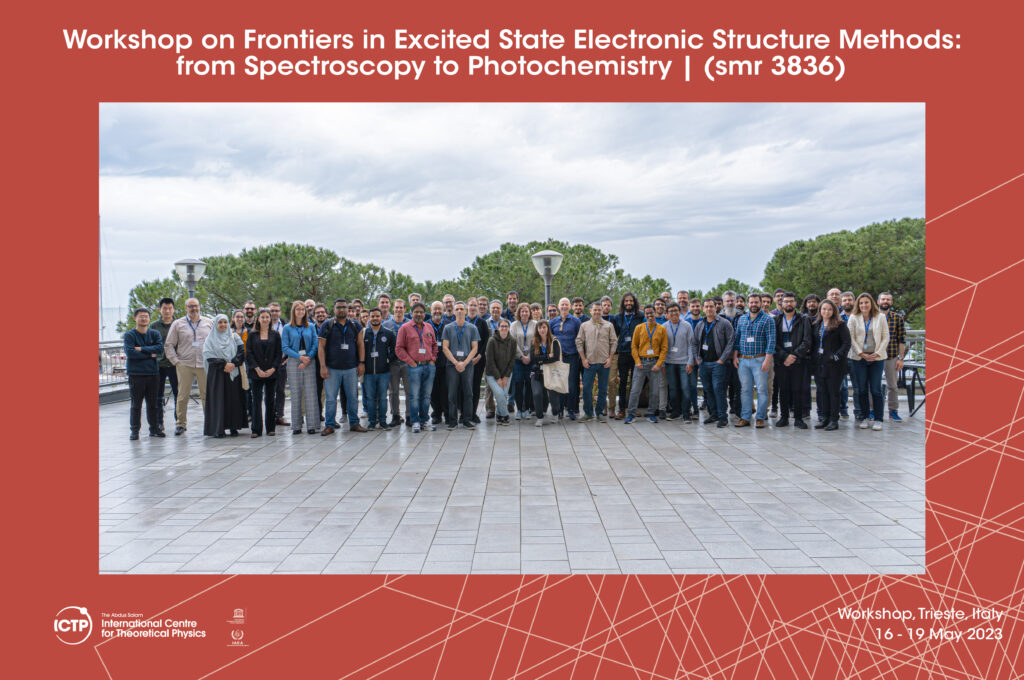Inflation in the Czech Republic between 2017 and 2023 has increased from 2% to 16.3% year to year [1,2]. In average, if one wins/pays 100 Kc in 2017, an equivalent value in 2023 should be 148 Kc, mostly due to debt induced by COVID and to inflation induced by war in Ukraine. Previsions for next year run around some predicted return to 2% [2].
Situation would have been fine if salaries would have followed this major trend. But they didn’t follow in the public sector, while they were increased in the private sector.
This is suggested by conjunction of two indicators. The average salary in the Czech Republic in that period did increase by 27.8% [3], and in this inflating context, the annual budget for the Institute of Physics by the Academy of Sciences has been … reduced by 43% between 2022 and 2023 [4].
In view of adapting to this problematic situation, the proposed alternative should be to apply for funding through European and national projects, but the success rate of these is close to 10% overall. One can plan to write 10 of them per year (writing 1 project takes 250h of work for 1 person) – but deploying such amount of energy is not given to all.
An alternative is to capitalize on the previously patented technologies. Or to reshape the developed competences as a service, and to sell it to whom would be interested.
Science and technology in the public sector seem to become less and less sustainable in the Czech Republic. Setting the strategy to fund permanent positions of public sector on management costs of projects brought by motivated scientists should not be considered as a sustainable scheme, since the funds invested in training people are big. The developed competences and know-how cannot be thrown away from the Czech Republic like that. It must be re-invested. Solutions must be proposed, such as creating a private activity from the developed skills. Given the rate of the inflation, this appears to be a rather urgent measure so that salaries can from now on be indexed on inflation, an expected measure that could help the life of many workers.
[1] https://www.macrotrends.net/countries/CZE/czech-republic/inflation-rate-cpi
[2] https://www.statista.com/statistics/369876/inflation-rate-in-czech-republic/
[3] https://www.statista.com/statistics/1268010/czechia-average-monthly-gross-wage/
[4] https://www.fzu.cz/sites/default/files/2023-05/Rozpo%C4%8Det%20provozn%C3%ADch%20n%C3%A1klad%C5%AF%20a%20v%C3%BDnos%C5%AF%20rok%202023_podeps%C3%A1no.pdf
